BrewProject
Well-Known Member
Cooling the Wort now... 














Truble said:np. glad to help. Bear in mind, though, that the further along we get tonight, the less you should listen to me, as I am drinking at a decent clip.

 :rockin:
:rockin: 

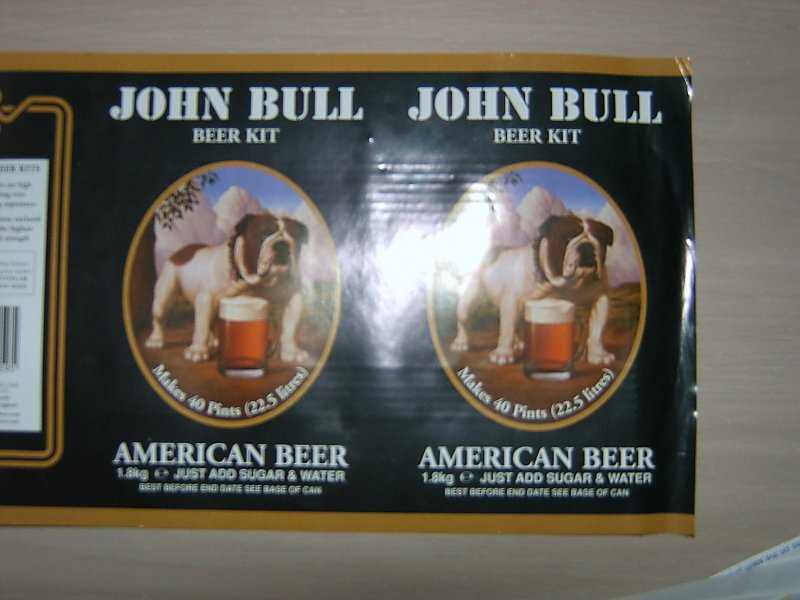
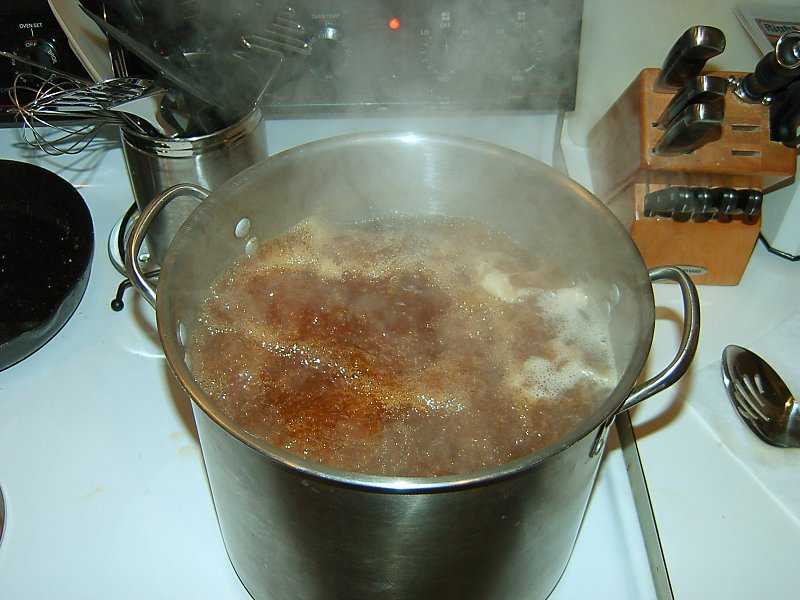

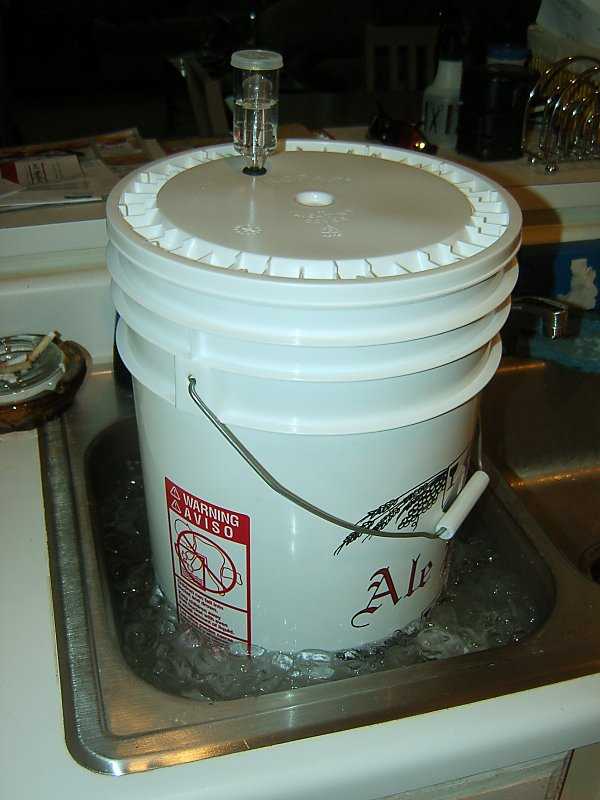
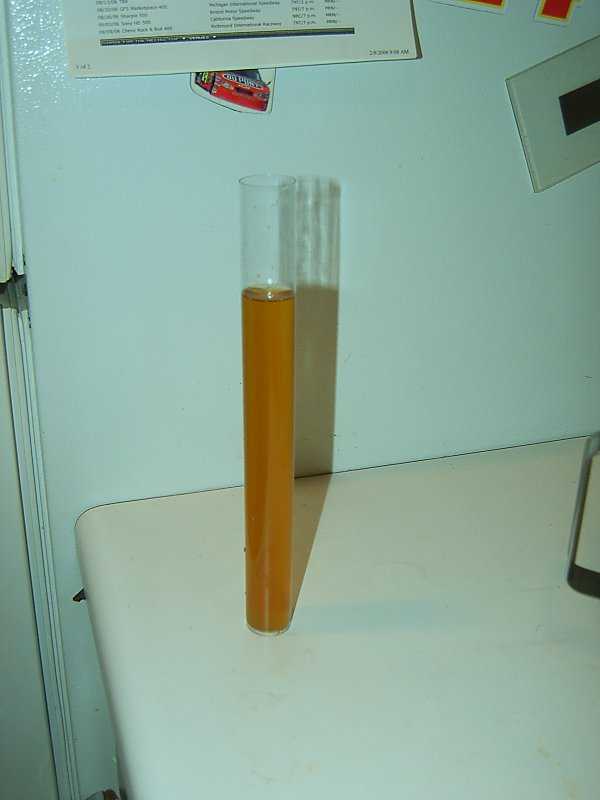
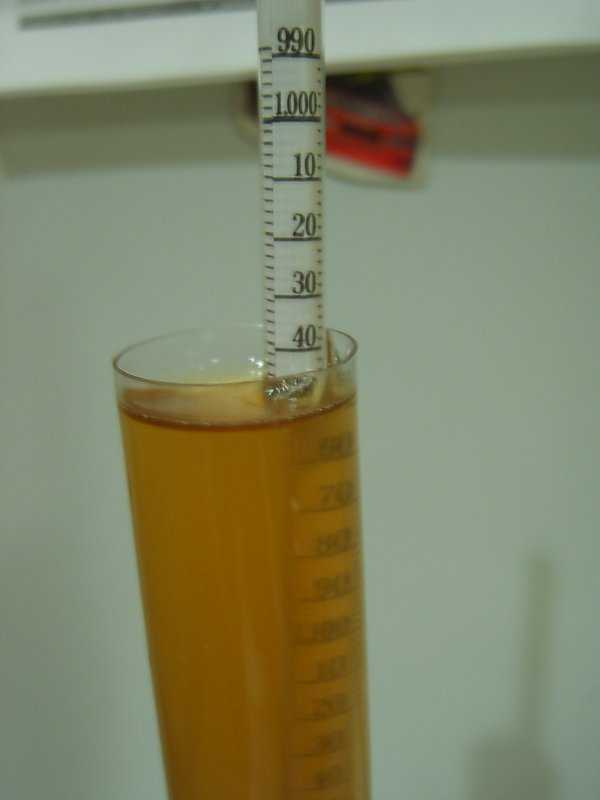

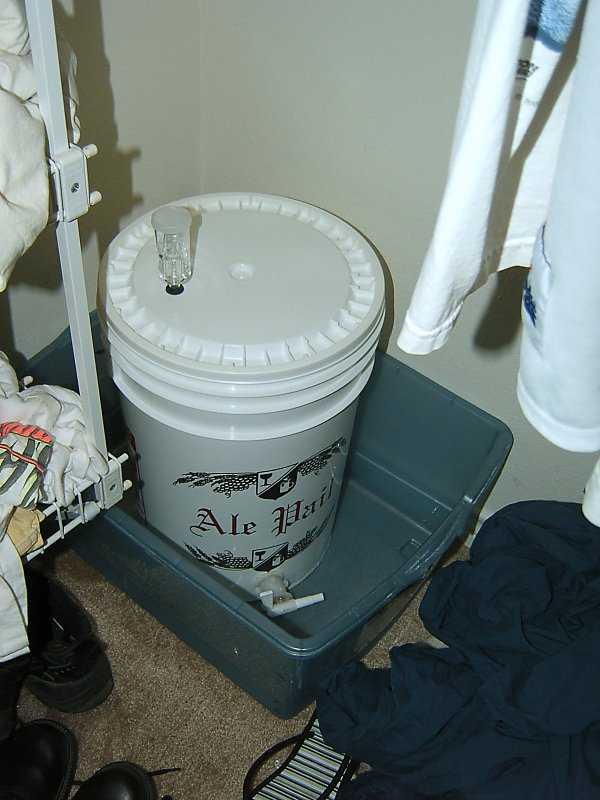




Truble said:Couple things, but no worries
While your wort is cooling, cover it- at this point, your brew is more prone to infection. I cool to the correct temp (i chill till mid.upper 70s) before disturbing. Looks like you had your primary still chilling, which means there was some pouring with higher temp wort- this can lead to HSA (Hot Side Aeration) which can affect the life of your beer. Once the boil stops, just bring all the way down to temp. If you are adding water to make a 5 gal batch from a partial boil, then also make sure that that water is down to temp. Not a big deal, but an easy step to avoid HSA.
For your yeast, it is a good thing to proof and hydrate dry yeast. I am also a dry guy, having only used liquid yeast in 1 batch so far. Check out Palmer's How To Brew for Yeast Preparation . By doing this, you ensure that you are pitching viable yeast. Palmer lays it out for you. the procedure I follow, which I derived from his book, is:
I use 2 packs of yeast. I boil 1 quart of water w/3/4 cup of extract. Cool it to below 80*F. Add the yeast and stir w/santized device. Cover w/wrap or foil, and place in room temp out of light for 1 hour. You should see some yeast activity by then.
What this all does is get the yeast hydrated- the yeast need to get re-acclimated when exposed to H20.This means getting hydrated and getting active. BY hydrating them in a "mini brew" solution of water and extract, you are also providing it with munchies to get going. This ensures that you are pitching yeast that will work. when you pitch dry yeast, it takes longer to get going, if it is not viable, you need to go get more and try that. By hydrating prior to the brew, the worst that happens is that you postpone your brew until you get more yeast.
Again, no big worries. God and everyone on the forum knows about all the things I did on my first brew, and it was still delicious. Looks like you are going to have some good beer in a couple weeks. Read Palmer, not just the yeast section- it will give you a good idea of the basics, and you can formulate your own style from there.

Truble said:As there has been no fermentation yet, it will be sweet. As I learned on the forum, I taste at every stage. The flavor will mature and change over time. Are you planning on a secondary or just going to bottle after the primary? As painful as it is, let the beer age after you bottle. it will need a week or 2 to carbonate, so let it go for a couple weeks after that. I am still kicking myself for drinking batches too early, only to find that the last couple, after aging, were so much better. The flavor will mellow. Hop potency tends to fall over time, and I have a couple brews now that have pronounced flavors of the grains that I added after aging a couple months.

BrewProject said:i actually read most of the Palmer book online, planned on rehydrating, but didn't get around to it. Too busy watching the extract bubblin
I did cover my wort most of the time during cooling, not during that one pic however.
Secondly, I had drawn my clean 3 gallons of water at the start of the boil. Being in an extremely warm environment (North Texas), that clean water ended up raising the wort temp after i poured it into the primary. i had my wort @ 75 degrees prior to mixing it in the primary, when it promptly when back up almost 10 degrees..., so i ran to the store for more ice
thanks for the pointers... :rockin:
Truble said:In that case, you are all set. RDWHAHB (Relax don't worry have a (home) brew- home in parantheses for a couple weeks) Forgive my harping.
Passload said:I have throw'n my dry yeast in the cooled wort with out rehydrating alot. I have never had any problems at all. When i did extract brewing.
1.050 is really good for an extract beer.
Cheers!
Justin
Truble said:As long as the yeast is good you are all set. Most people will never have a problem. I do it because it is an insurance policy and it promotes quicker yeast activity. I have gotten heavy airlock activity as soon as 4 hours after sealing.
As long as the yeast is viable, there is no real wrong way. If you use liquid, however, do a full starter, as the cell count in liquid products is lower than in dry.

Truble said:as long as the yeastie boys get up and get down, you should be fine.
Are you doing a secondary or just going to bottle?